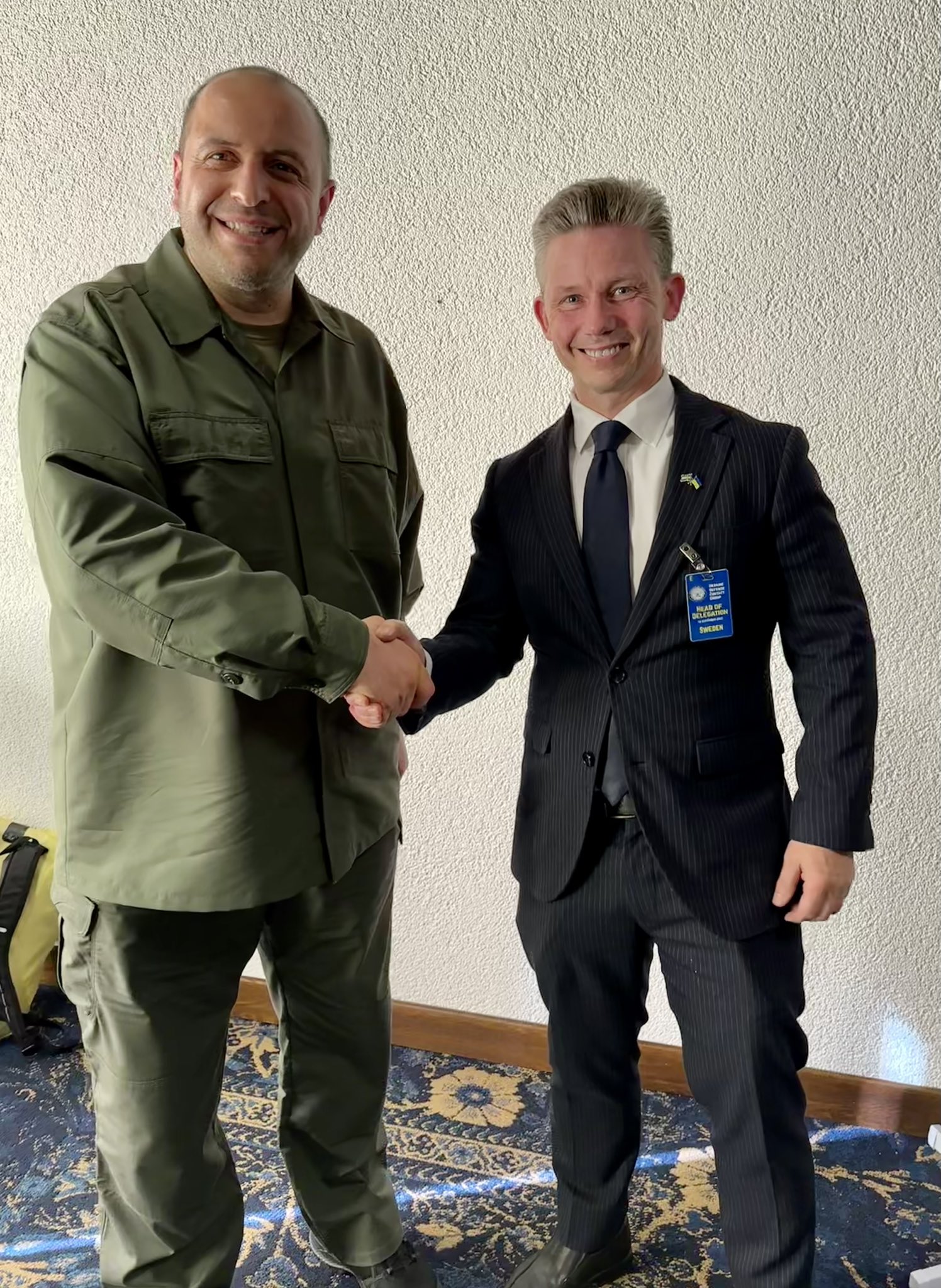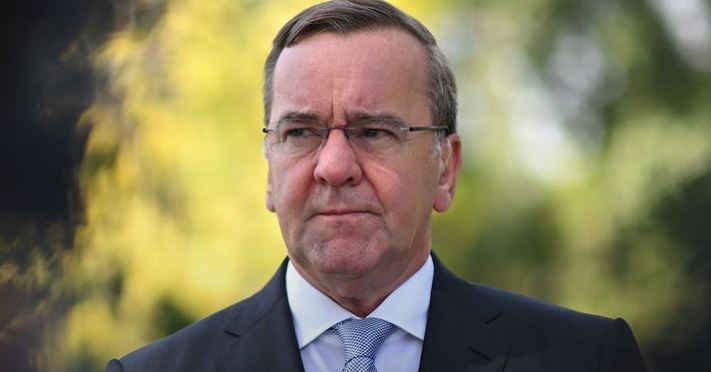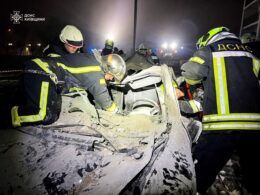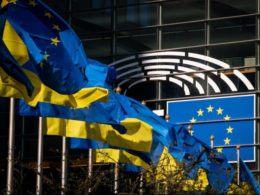In an interview with Bild, Swedish Defense Minister Pål Jonson warns that Russia is actively seeking to sow political division within the European Union (EU) and the North Atlantic Treaty Organization (NATO) and emphasizes that the only way to preserve peace in Europe is by strengthening NATO.
This comes as Ukrainian President Zelenskyy warned that if Ukraine loses to Russia, Putin aims to target Kazakhstan, Baltic states, Poland, and Germany, seeking to restore the former Soviet Union’s imperial glory and geographical borders.
“I believe that in the Kremlin and with Putin himself, they are aware that they will lose this war. But I think they are very interested in dividing us politically, both within the EU and in NATO,” Pål Jonson said.
He asserted that Ukraine currently serves as a “shield” against Russian military expansion and warned that if support for Ukraine falters, the threat to NATO allies could escalate, as Russia demonstrated a willingness to take significant political and military risks.
Jonson highlighted Russia's plans to expand its armed forces, with President Vladimir Putin aiming to increase the number of soldiers from one million to 1.3 million by 2026.
He also expressed concern about the potential increased threat to Georgia and Moldova, as the parts of their territories are occupied by Russia.
While acknowledging the severity of the security environment, which he described as the greatest challenge since World War II, Jönsson emphasized that the aim is not to create panic but to raise public awareness. He argued that investing in armed forces is crucial for maintaining the ability to deter and defend NATO territory.
“We didn't create NATO to win this war. NATO's primary goal is to prevent war, especially in Europe. But due to Russia's aggressive behavior, we are taking note of what Russia is doing in Ukraine,” he said.
Jonson recalled Russian war crimes in Ukrainian Bucha and Irpin and also expressed deep concern over reports of Russia forcibly relocating Ukrainian children to its territory. To prevent such atrocities from occurring within NATO borders, the defense minister emphasized the importance of unwavering support for Ukraine.
Previous warnings of Russian threat to Europe
A classified German intelligence report predicted that Russia might be capable of attacking NATO territories, such as the Baltic states or Finland, from 2026 onwards, following a significant military buildup.
Concerns about a potential decades-long confrontation with Russia were expressed by NATO Secretary General Jens Stoltenberg, Belgian Army’s Chief of Staff Adm. Michel Hofman, Norway’s top commander General Eirik Kristoffersen, Estonia’s land forces commander Maj. Gen. Veiko-Vello Palm, and German Defense Minister Boris Pistorius.
Polish President Andrzej Duda urged NATO to increase its defense spending to 3% of GDP, with Poland already allocating 4% of its GDP to defense, highlighting the imminent threat of Russian aggression potentially within the next two to three years, as Russia is shifting towards a war economy.
Related:
- EurActiv: Czechia warns of Russian intelligence threat in Europe after arrest of spies in Germany
- “We should prepare for Russia not being a peaceful partner,” Czech President warns
- Kosovo warns of more European wars if Russia wins in Ukraine
- Ukrainian PM warns of ‘third world war’ if Russia prevails





